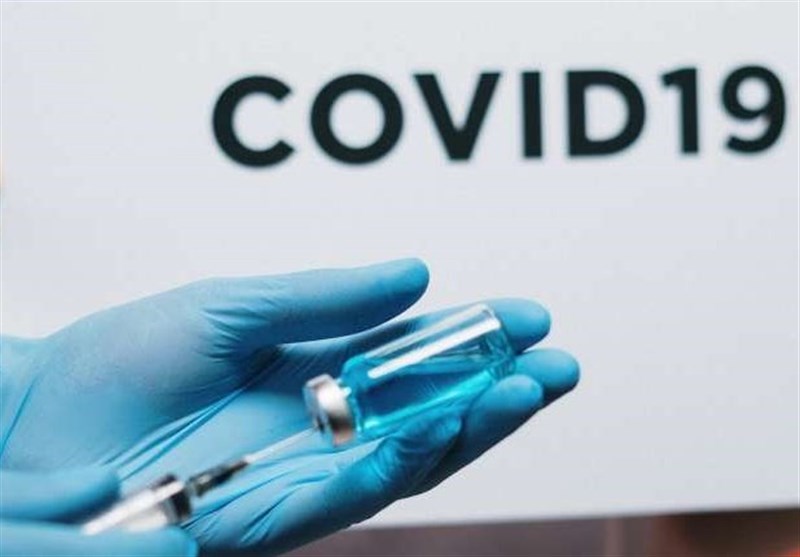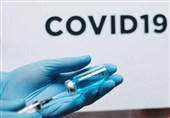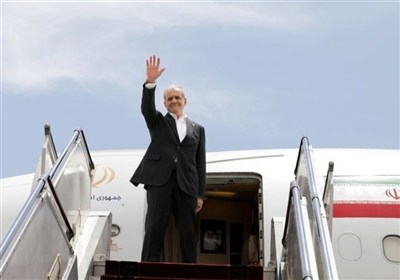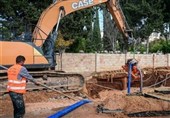Japan to Ready 1mln Doses of Coronavirus Vaccine for Swift Distribution
TEHRAN (Tasnim) - A team led by Japanese biotech venture AnGes will ready production capacity for 1 million doses of coronavirus vaccines by March, a fivefold increase from the original plan, in order to ensure swift access to the domestic population.
As top pharmaceutical companies in the US and elsewhere rush to set up facilities capable of producing billions of doses of vaccines, there is no guarantee that Japan can import them. The government hopes to counter any second wave of infections by building production capacity while vaccines are still in the development stage, Nikkei Asian Review reported.
The 14-member consortium, which includes private-sector and academic partners in Japan and abroad, aims to win approval for a vaccine by the end of the year. The group originally planned for a 200,000-dose capacity.
The decision to expand vaccine output was made after partners decided to increase supplies of raw materials. Consortium member Takara Bio, which is handling production, currently has equipment to culture 200 liters of vaccine precursors. The introduction of additional equipment will ramp up the maximum capacity to about 3,000 liters.
Subsidiaries of AGC and Shionogi have also announced they will contribute intermediates for the vaccine.
AnGes, which has ties to Osaka University, is developing a DNA vaccine that will use genetic material from the coronavirus to create antibodies against the disease. The vaccine is expected to begin clinical trials soon.
Pharmaceutical companies around the world are in a race to develop coronavirus vaccines. A team led by US biotech company Moderna has already started clinical trials of a RNA vaccine, with the goal of producing 1 billion doses annually. A British team formed by AstraZeneca and the University of Oxford aims for 2 billion doses.
But both teams have received financial support from the US government, meaning the US is likely to have priority access to the resulting products.
Vaccine production requires high-level expertise and pricey equipment, making it hard for new comers to launch such operations. In Japan, four companies, including Takeda Pharmaceutical and Daiichi Sankyo, have the capacity to produce vaccines.
During the 2009 influenza outbreak, Japan was forced to import vaccines, but many doses had to be destroyed because they were unused before the 1-year expiration date.
The Japanese government is also aiding domestic development of vaccines. The Japan Agency for Medical Research and Development will distribute 10 billion yen ($93.5 million) among nine vaccine projects. A supplementary budget passed last week allocates over 200 billion yen toward vaccine development.
Besides AnGes' project, Shionogi has entered into a partnership with the National Institute of Infectious Diseases to jointly develop a vaccine. The pair are in discussions with Japanese authorities to begin trials this year.
Shionogi and the NIID aim to put the vaccine on the market in fall 2021. They are looking at eventually expanding capacity to 10 million doses, at an investment estimated between 10 billion yen to 20 billion yen.
Daiichi Sankyo has partnered with University of Tokyo to develop a vaccine as well. Mitsubishi Tanabe Pharma's Canadian subsidiary plans to begin clinical trials on its vaccine in August.






